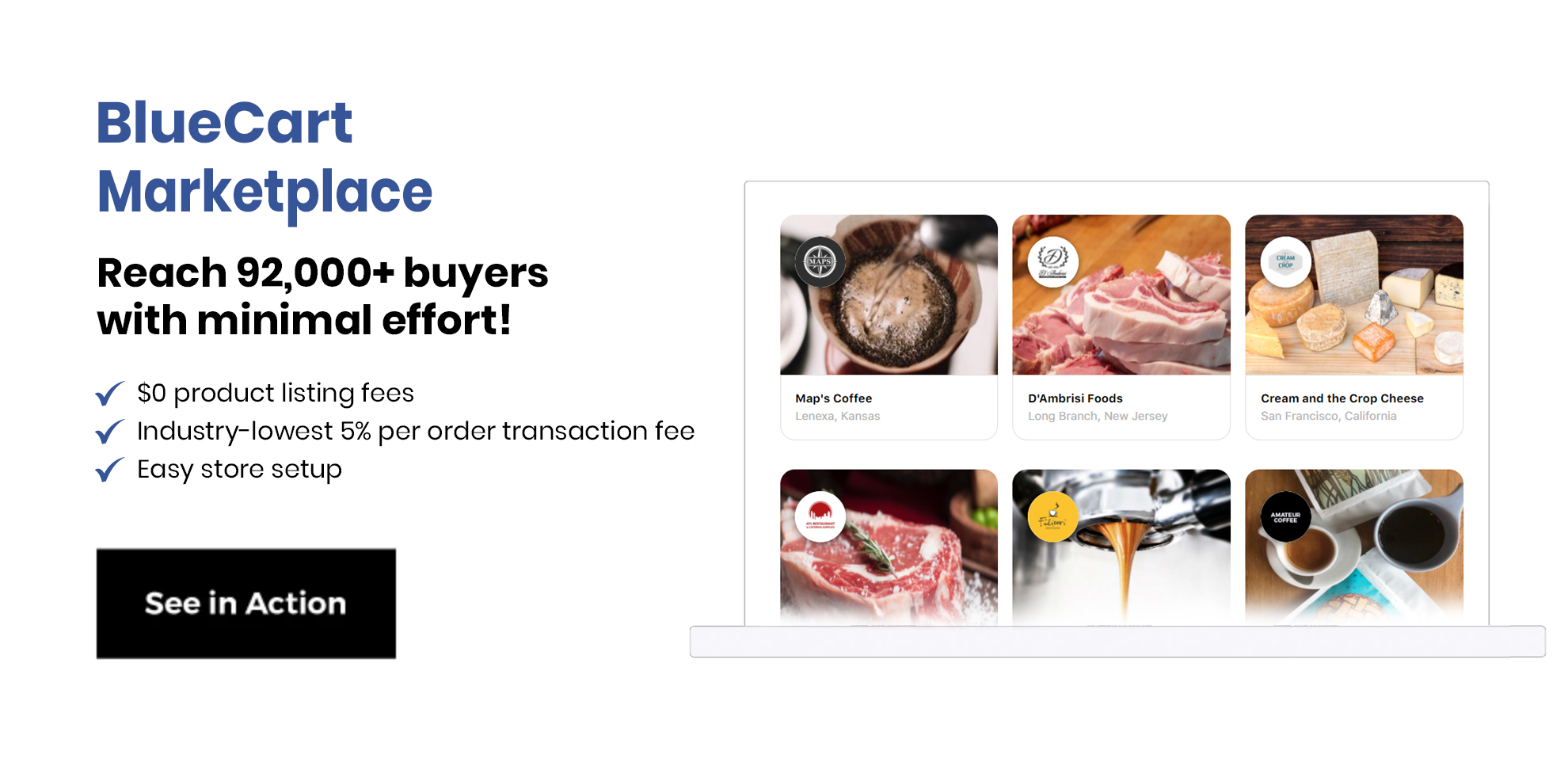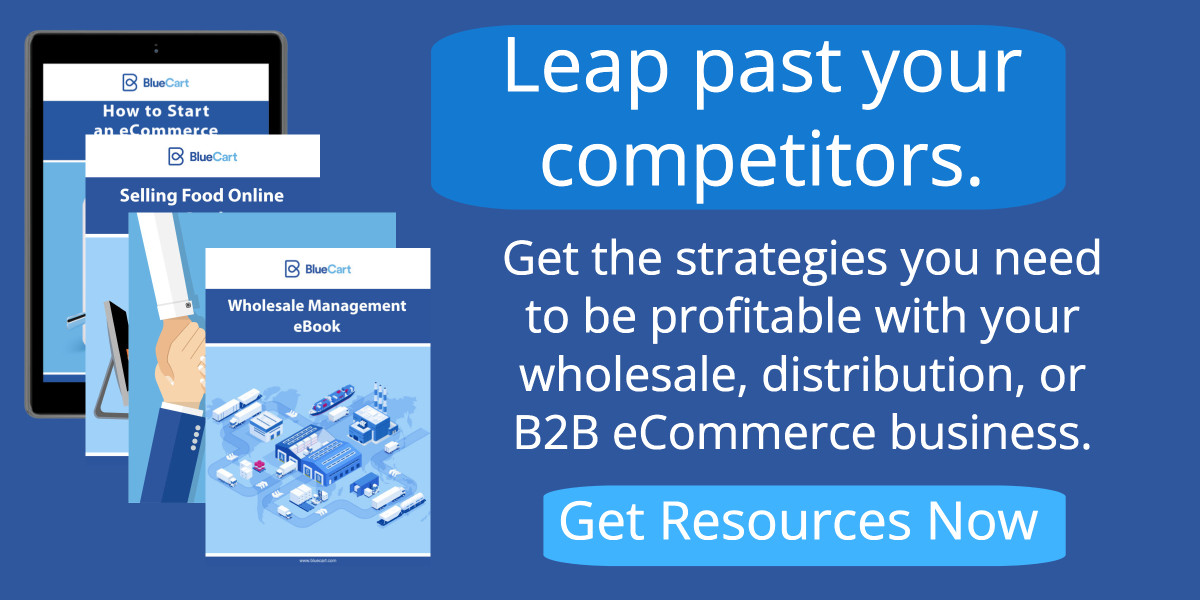Are you wondering "what is eCommerce business?" There are tons of websites out there, so we don't blame you. If you run a website or e-commerce store, there’s always some kind of risk and vulnerability. This is because of the data processing factor. That’s what makes it essential to understand the privacy policy definition and have one on your website.
It can detail the type of personal information you collect, how, and why you collect it. It’s crucial from a business and legal point of view. That's where a sample privacy policy comes in handy.
Businesses depend on information and data that they collect from the public. It’s crucial because businesses can process the information and provide specific products and services to their consumers.
Since businesses collect different kinds of information, there should be some sort of protection. Companies have a duty to protect and secure the personal data they collect. They should list all of that in their privacy policies. Clear and concise privacy policies are key for all websites that collect data. You can create a privacy policy online.
Below, you’ll find a sample privacy policy, including a privacy policy template. You can also look into what your website’s policy will need.

Sample Privacy Policy: Essentials to Know
Privacy policies are legal notices that inform consumers how companies gather, handle, and process personal data. They describe how the data is kept confidential, or how it’s shared with third parties.
Personal data can include:
- Names
- Addresses
- Phone numbers
- Emails
- Age
- Marital status
- Sex
- Nationality
- Race
- Religious beliefs
Companies should be transparent with their consumers about the data they collect and the eCommerce tools they use. Everything should be in the privacy notice on your website or app. This includes how they will use the data.
Companies should have a link to the entire privacy statement on the footer of their website. Apps typically have their policies in their “About” section. The checkout page is also where you can find privacy notices on B2B eCommerce websites.
Simple Privacy Policy Must-Haves
All privacy policies have essential sections that you must cover. Your privacy notice should:
1. Pinpoint all the personal data you collect
Tell consumers what information you gather from them. Touch base on how you collect and use it. Be sure to mention what third parties will have access to it. Don’t forget to also include how you secure the data.
2. Inform consumers about third-party data sharing practices
If your company works with third parties, you should know what they’re doing with the personal data. Inform your consumers about the access those parties have to their data. Your policy should reflect the agreement that you have between your business and the third parties.
3. Include passive tracking methods
Passive tracking methods refer to web beacons, cookies, browser fingerprinting, and more. They track users and collect data simultaneously. Address the passive tracking methods in your privacy statement to be certain that you’re covering your bases.
4. Offer consumers a choice
Always give consumers a choice to opt-out of data collection and marketing communication. You can also have an option for them to opt-in at any time. This allows for clear consent and notice.
In the United States, the standard is for consumers to opt-out of marketing emails while in the European Union, consumers opt-in.
5. Obtain parental consent when necessary
If you’re marketing to people under 13 years of age, you need parental consent. It’s against the law to collect data from people under 13 years old without the proper permission. If you have a website that doesn’t target children, you’ll need to take the proper actions to avoid collecting data from them. Familiarize yourself with COPPA or the Children’s Online Privacy Protection Act.
6. Inform consumers about location-based information
Advertising and technological features can be used to obtain location-based information. Inform your consumers about this kind of data collection. This kind of data can include GPS location and more.

Sample Privacy Policy PDF
Sample privacy policies and their templates can be found online. You can use this as a guide to understand what your own policy needs. Each website and business should have its own privacy notice. Make it unique and custom to your company.
Most sample policies are for temporary use. This means that you’ll have to go in and tweak the policy to your business. Include how your business operates and follows the laws the country you’re in has.
You can download a PDF version of a sample privacy statement here.
Sample Privacy Policy for Website and Blog
Since there are different websites out there, you’ll need to have a different policy in place. Websites and blogs aren’t the same, so the privacy statements will also have to be separate. Below you’ll find examples for each policy.
Privacy Policy Example For Website
Website privacy policies outline the ways companies collect, use, share, and sell personal data from their consumers. If your website collects personal data, you’ll most likely need to have a privacy statement.
Each country has different privacy laws in place and even if you’re not subject to them, you should be transparent. Show your consumers that you have nothing to hide. Inform them of all data collection, how you handle their data, and more. This shows that you follow the best business practices.
Privacy policies for websites should follow the regulations under the GDPR and CCPA when applicable. You can download templates online and tailor them to your website. This can help you save money from hiring attorneys to draft up the documents for you.
Sample Privacy Policy for Blog
Do you have a blog? Whether it’s for business or for pleasure, you might need a free privacy policy. Privacy policies for blogs are essential to have to protect your visitors’ privacy. It can also protect your blog from legal penalties.
Most blogs aren’t data-driven like most businesses. However, blogs can still collect personal data for marketing and analytical purposes. If your blog does this, you’ll need a privacy statement.
The privacy statement on a blog should explain the way your website collects, uses, and shares personal information. Be sure that your policy meets the proper state, federal, and global privacy laws.
Blogs can collect direct and indirect information about an individual. In your privacy statement, specify the ways your blog collects personal information. This can be through contact forms, social media sharing, email subscriptions, and more. Indirect methods include payment platforms, analytics tools, and third-party cookies.
If you have a monetized blog that uses ads or affiliate links, you should also disclose this in your policy. This includes your relationship with the third-party providers as well as the way they process the data.

Sample Privacy Policy for Online Store and eCommerce
Online stores and eCommerce websites should have privacy policies that are easy to locate. It’s also ideal for them to be easy to understand. Write your policy based on the current rules and regulations where your consumers reside. It doesn’t matter where your store or business is located.
Keep in mind that every country has laws and regulations that can vary when it comes to privacy protection. Many eCommerce stores will collect personally identifiable information. If that’s the case with your store, you should have an opt-out option available for customers. Also, include the option for them to opt-in when they want.
eCommerce stores and other online stores should show their compliance with local, state, federal, and international privacy laws. This can be done by creating and publishing their own privacy policies.
What to Include
After adding your online store or eCommerce website’s name to the privacy statement, you’ll have to continue customizing. Here are some points to cover in your statement.
Personal Information That is Collected
When consumers visit a site, they want to know what information companies are collecting. Let them know in your privacy statement. This can be anything from IP addresses to web browsers, time zones, cookies, and more.
In some cases, companies might continue to collect information as consumers browse their site. This includes search terms that were used on their site and more. Include all tracking tools and technologies that you use on your website.

How the Information is Used
Do you use the information to fulfill orders placed online? Do you use the information to communicate with consumers? Inform them of what their information is used for.
Information Sharing
If your online store or eCommerce site is sharing personal data with third parties, your consumers should know about it. Include sections in your privacy notice that explain how and why you share personal information.
Your Rights
In the EU, consumers can access the personal information that websites have of them. They can also ask to have their data corrected, updated, or deleted. Inform consumers of their rights when you collect their personal information.
Data Retention
Inform consumers how long your company will hold onto their data. This can be for the duration of their order or until they send a request to delete it.
Child Protection
If your eCommerce site or website store is not intended for minors, it should state that in your policy. Mention the age requirements for visitors as clearly as possible.
Changes or Updates
Make note that the privacy policy can be changed or updated. These changes can reflect updates to your practices, operations, and more.

Frequently Asked Questions About Sample Privacy Policy
What Should My Privacy Policy Contain?
Your privacy policy should contain information pertaining to the information that you collect from your users in full detail. This includes their names, telephone numbers, mailing addresses, and email addresses.
Can You Get a Free Privacy Policy?
Yes, you can get a free privacy policy online through a sample privacy policy generator. There are many websites and apps that can generate the ideal privacy policy for you. All you have to do is input the necessary information and it drafts it out for you.
Why Do I Need a Privacy Policy?
You need a privacy policy to disclose your company and website’s practices when it comes to collecting personal information from your users. This policy shows users that you’re transparent and can be trusted with their information.